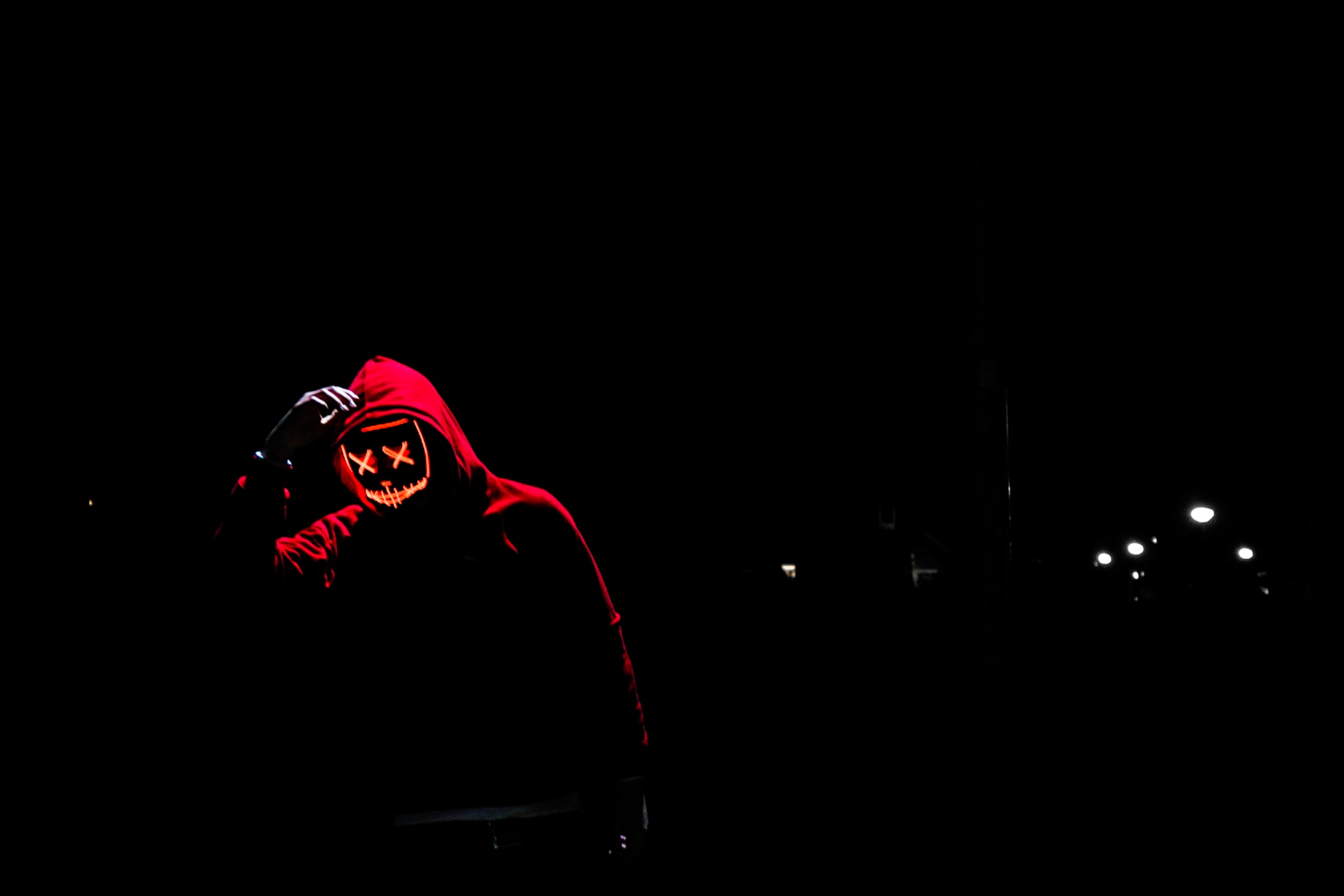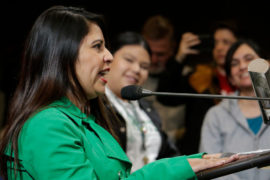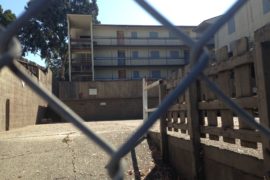Oakland tenant wish list doesn’t see the light of day.
Under the guise of a COVID-19 emergency, the Oakland City Council is voting on over 60 Amendments to the Tenant Protection Ordinance.
If the ambitious agenda of tenants’ advocates cannot be passed with ample notice to the public or survive careful deliberation with input from all stakeholders, amendments can be rammed into an emergency ordinance designed to come to the aid of residents impacted by the novel virus. After all, who can be against the City responding to a public health crisis? According to our friends at the East Bay Rental Property Association (EBRHA), there are several changes in front of the City Council, and here are some of the most concerning:
- Owners would no longer have the right to agree upon occupancy limits and would be compelled to welcome in additional tenants at any point during the tenancy to the maximum allowed by law.
- Flying in the face of vacancy decontrol, owners would also be forced to accept sub-tenants. This indefinitely extends the terms of tenancy to new residents.
- Although the position of the courts has been a 5% late fee is customary, it is proposed that late fees be capped at 1%.
- A prohibition of unilateral changes in the terms of the tenancy.
- Tenants would have expanded rights to sue landlords for harassment, adds teeth to tenant privacy.
- The construction of Accessory Dwelling Units would be stifled with new barriers.
- Propels a landlord’s failure to pay out relocation benefits to an affirmative defense a tenant can use in an unlawful detainer action.
- MORE
› Download the proposed changes here (PDF)
The EBRHA argues these provisions have only a tangential relationship with the current crisis, at best, and if the tinkering with tenant protections were truly necessary to address the pandemic, they would be limited in nature and would end at the conclusion of the COVID-19 crisis. Bornstein Law also fails to see the nexus.
Related from Bornstein.law: Oakland’s version of rent and eviction relief during the coronavirus pandemic →
Owners and operators can attend the virtual meeting on Tuesday, April 21 at 1:30 pm.
For the public good, or to the detriment of the landlord?
In an earlier blog, we submitted that owners of “unused” properties became a whipping boy with a newly minted vacant property tax designed to fund homeless programs and services, affordable housing, code enforcement, cleaning up the eyesore of blighted properties, and illegal dumping. The parallel? Owners can be harmed by initiatives that are marketed as being for the good of all, whether or not they have contributed to societal woes.
Where this line is drawn, and how much responsibility rental property owners should shoulder in solving intractable problems has been a perennial question that has been litigated and one we have chimed in on many occasions in the media. Ironically, more layers of onerous regulations crafted to protect renters will only serve to harm tenants, remove housing inventory and create more blight as property owners are disincentivized to beautify, upgrade, and maintain their real estate investment if they don’t just throw in the towel and purchase property elsewhere.
Oakland owners can reach out to their elected officials or use the EBRHA’s automated tool to email a voice of opposition to the entire City Council.




